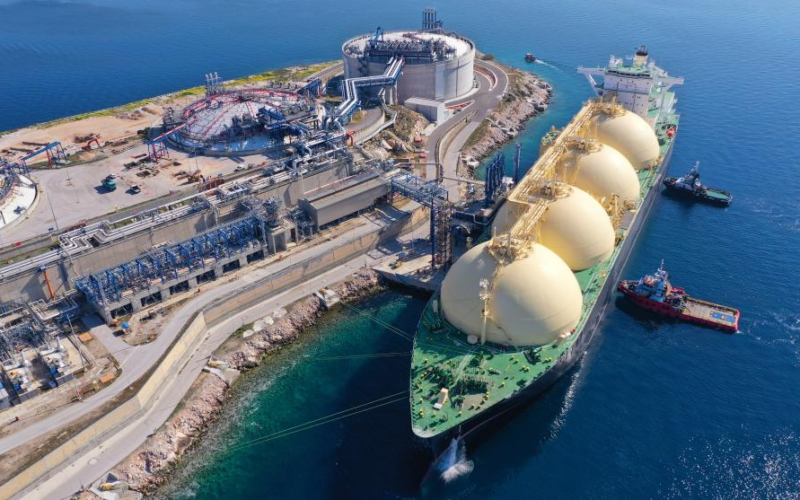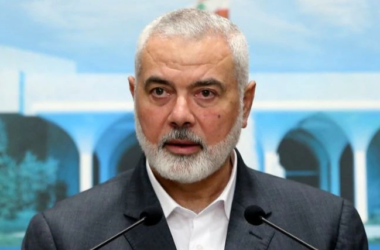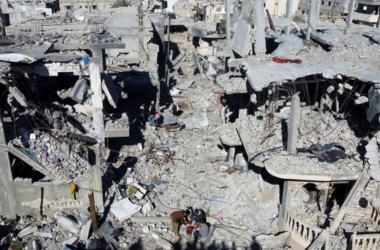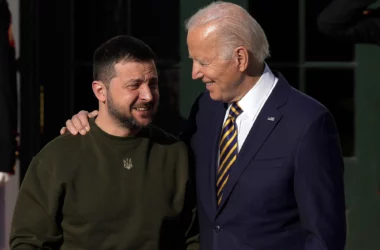The European Union has implemented its 14th package of sanctions against Russia, expanding measures to include Russia’s liquefied natural gas (LNG) exports for the first time. The new sanctions, adopted by EU foreign affairs ministers on Monday, aim to close loopholes and curb Russia’s revenue streams in response to its ongoing conflict in Ukraine.
The latest sanctions package extends to 116 additional entities and individuals, bringing the total number of sanctioned subjects to over 2,200. The measures are designed to target Russian LNG revenues by prohibiting trans-shipments of LNG through EU ports and allowing Sweden and Finland to cancel specific LNG contracts. However, the package stops short of a complete ban on LNG imports into the EU, which have increased since the start of the Ukraine conflict.
The sanctions will come into force after a nine-month transition period and include a prohibition on new investments and services for the completion of LNG projects currently under construction in Russia. These measures build on previous sanctions, such as the 2022 ban on Russian oil imports, with some exceptions for Central European countries still receiving pipeline gas through Ukraine.
To address circumvention, the package introduces stricter enforcement mechanisms and penalties at the member state level for those who violate the regulations. This includes responsibilities for ensuring compliance with the sanctions and penalizing entities found evading them.
The European Commission had proposed expanding the “No Russia clause,” which would have required subsidiaries of EU companies in third countries to contractually prohibit the re-export of high-priority goods to Russia. These goods include items with dual military and civilian uses, ammunition, and firearms. However, this proposal was set aside due to objections from Germany but may be revisited after further assessment.
The package also addresses the so-called “shadow fleet”—vessels that aid Russia’s war effort by transporting military equipment and LNG components. The EU ministers’ statement outlined a framework for sanctioning such ships, with 27 vessels already listed under the new regulations.
Included in the sanctions are restrictions on the export of helium, rare earths, and manganese ores. The package also limits Russian funding for think tanks and non-governmental organizations (NGOs).
EU countries are currently debating additional measures to align sanctions against Belarus with those targeting Russia. Belarus has served as a significant loophole for goods reaching Russia, but there is reluctance to impose harsher measures due to the economic impact on Belarus’ fertilizer exports.
The EU’s new sanctions package represents a continued effort to economical and strategic pressure on Russia over the conflict in Ukraine. By targeting LNG exports and tightening enforcement, the EU aims to limit Russia’s ability to finance its military activities while balancing the need for energy security among member states.








